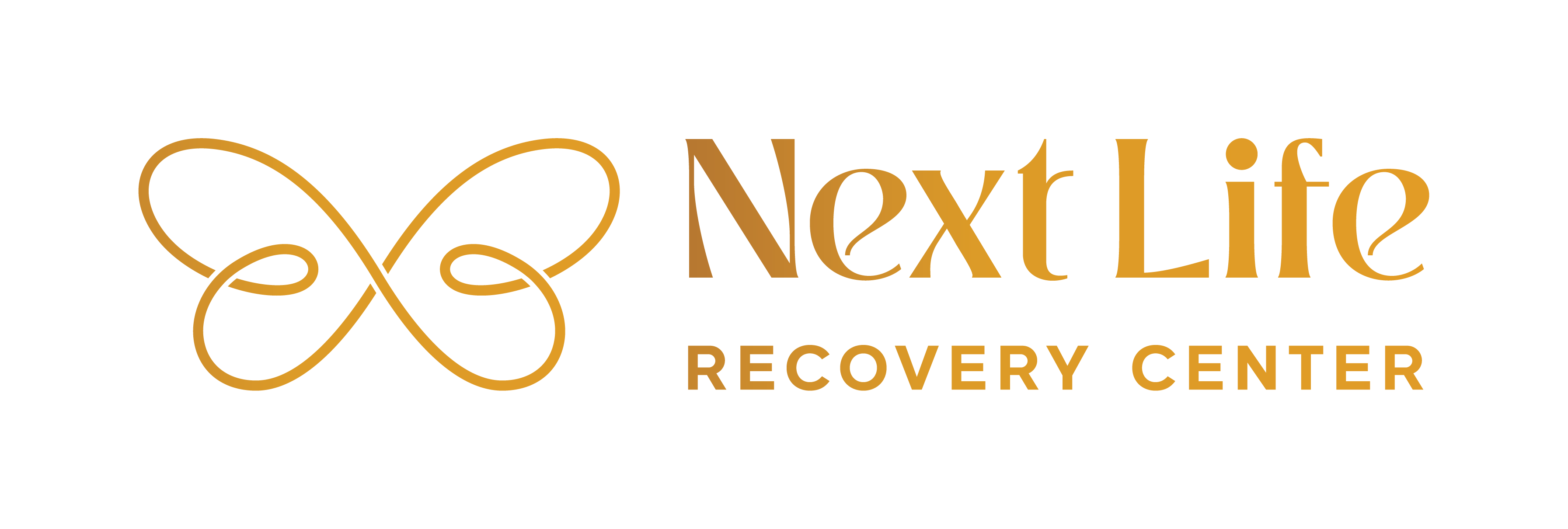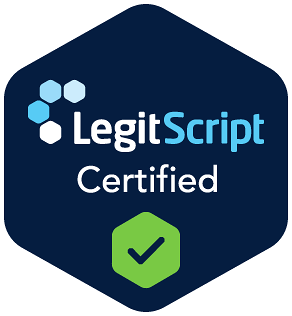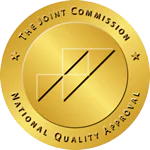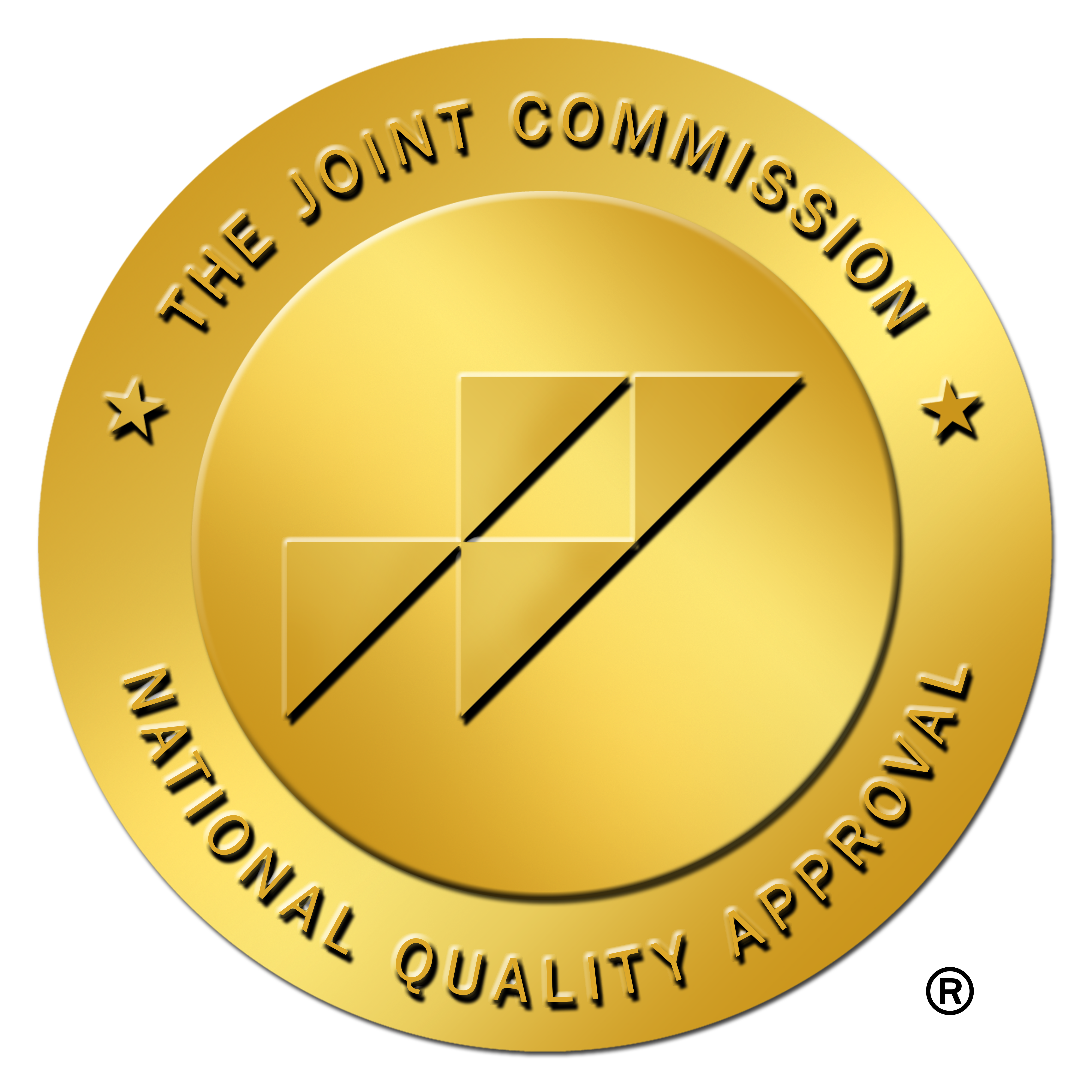Programs
Outpatient Programs (OP)
Outpatient Programs (OP) provide a flexible approach for individuals seeking help with substance use disorders while juggling daily responsibilities like work, school, or family life. Unlike Intensive Outpatient Programs (IOPs), OPs are less intensive and typically require fewer hours of therapy each week, making them ideal for those who don’t need as much structured support. In an OP, you’ll engage in regular therapy sessions—often weekly—where you can participate in individual counseling and group counseling. Our caring team is here to assist you in finding the best path for your recovery journey. With OP, you can balance your treatment with your daily responsibilities while building
skills that promote independence and long-term recovery.
Who is a Good Fit for Outpatient Programs (OP)?
Outpatient Programs are well-suited for individuals who:
- Experience a mild substance use disorder or are in the early stages of recovery.
- Want to maintain their current lifestyle while still receiving support.
- Can balance their treatment schedule with work or family commitments.
- Have a stable home environment and a supportive network outside of treatment.
Skills Developed in Outpatient Treatment:
- Mindfulness: You’ll develop the skill to stay fully engaged in the present moment, which is especially important for those who often dwell on past regrets or future anxieties linked to addiction.
- Distress Tolerance: You’ll learn to face challenging situations head-on, building resilience rather than resorting to substances for escape.
- Interpersonal Effectiveness: You’ll boost your self-respect and confidence while acquiring skills to manage your relationships with friends, family, and others.
- Emotion Regulation: You’ll gain techniques for managing negative emotions, fostering mental balance, and adopting healthier viewpoints that enhance your overall happiness and well-being.
- Problem-Solving Skills: You’ll discover effective strategies to address challenges and make thoughtful decisions, preparing you to confront life’s obstacles with assurance.
- Goal Setting: You’ll engage in setting realistic and achievable goals, keeping you motivated and focused on your recovery path.
- Self-Compassion: You’ll understand the importance of treating yourself with kindness and patience, nurturing a healthier relationship with yourself throughout your recovery journey.

Cognitive Behavioral Therapy (CBT)
Dialectical Behavior Therapy (DBT)
Individual Therapy
Group Therapy
In our group therapy sessions, you will come together in a supportive environment, meeting others who understand each other’s struggles which provides a safe space to navigate emotions. These sessions empower participants to support one another, offer feedback, and gently challenge each other, all in a caring environment. By fostering connections and building a sense of community, group therapy becomes a vital part of the healing journey, helping each other grow stronger together.
Intensive Outpatient Programs (IOPs)
Intensive Outpatient Programs (IOPs) provides a structured framework for addressing substance use disorders. IOPs offer a more structured approach compared to traditional outpatient therapy, blending the flexibility of outpatient care with the intensity of both group and individual therapy sessions held several hours a day, multiple days a week. This makes them ideal for individuals who need moderate support while still balancing work or family commitments. Through an IOP, you’ll have the chance to regain control of your life and make strides toward overcoming addiction. Our focus is on helping you reassess and challenge your thoughts, beliefs, and behaviors, employing evidence-based therapies that support your recovery journey.
Who is a Good Fit for IOP Programs?
Intensive Outpatient Programs (IOPs) can be a fantastic option for those seeking effective treatment for substance use issues. These programs are perfect for individuals who want more support than what typical outpatient services provide.
- You’re dealing with a moderate substance use disorder but are not physically dependent on substances.
- You can manage your responsibilities outside of treatment, like work or family obligations.
- You’re ready to dedicate a substantial amount of time to your recovery.
If you identify with any of these situations, an IOP could be a great path forward. Even if you don’t fit every description perfectly, that doesn’t mean IOP isn’t right for you. Our supportive admissions coordinators are here to answer your questions and help you find the treatment plan that aligns with your unique needs.
Partial Hospitalization Program (PHP)
What Is Medication-Assisted Treatment?







